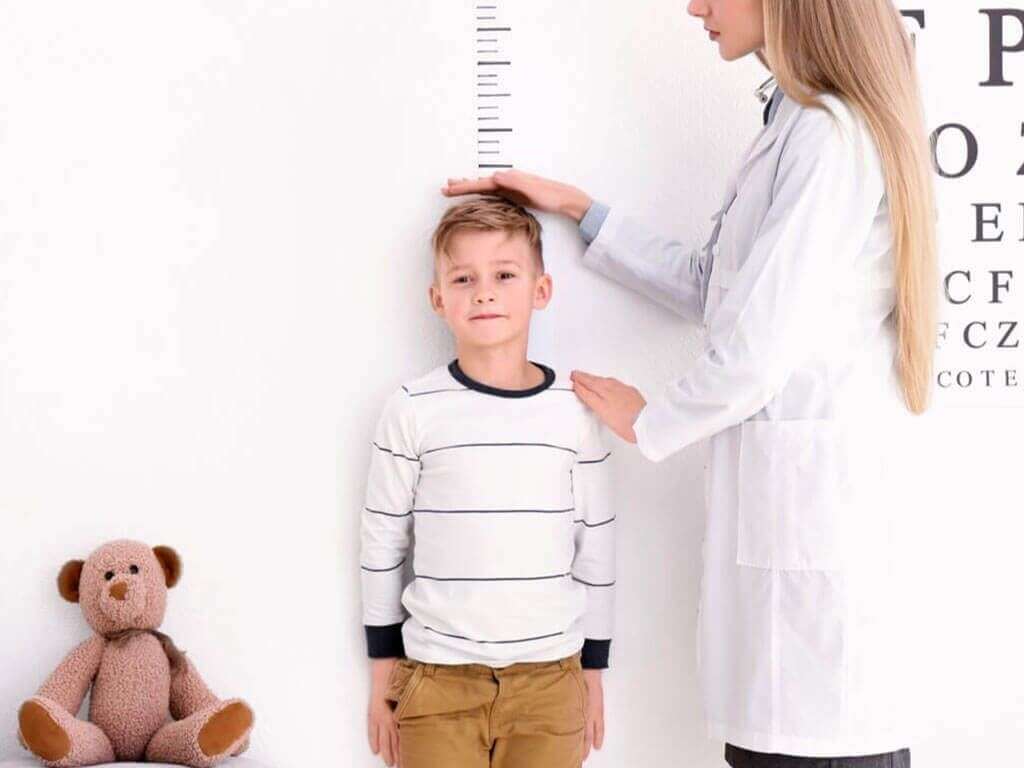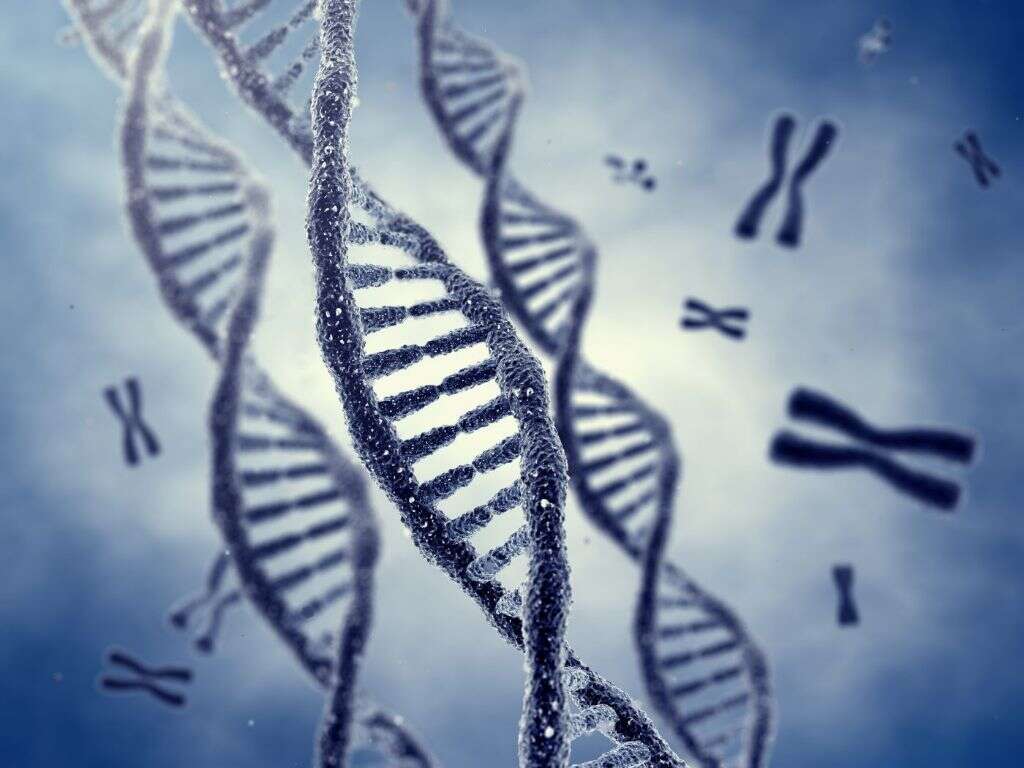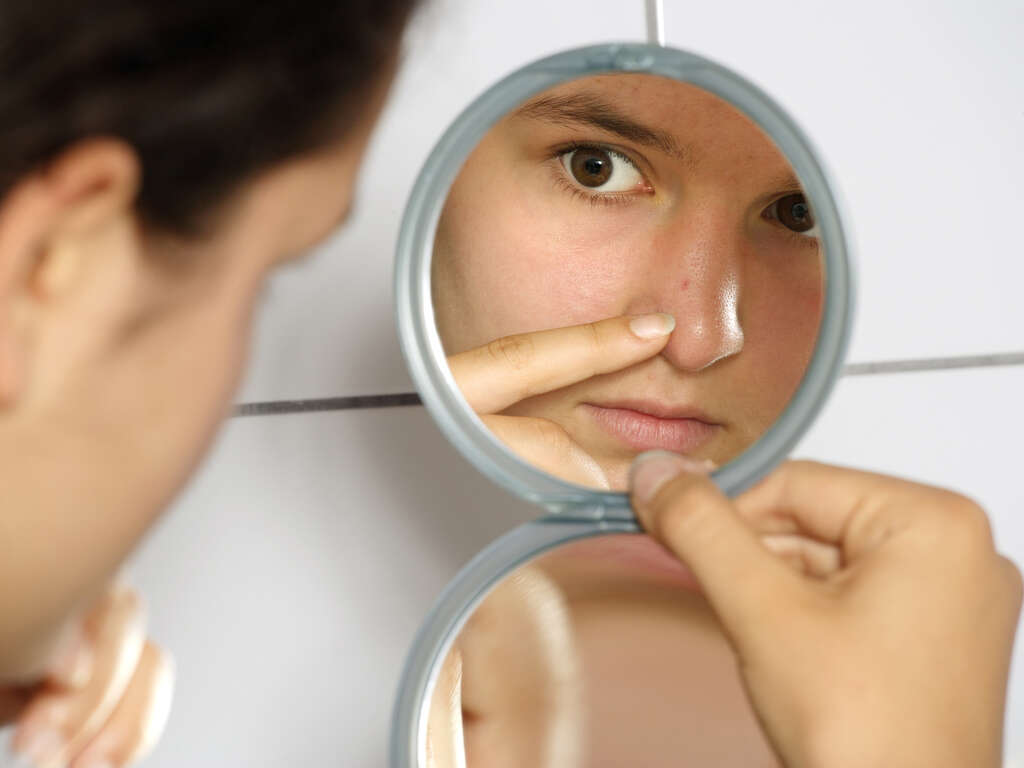What Is Kallmann Syndrome?
Adults are quite different from children in a number of ways. Not only are we larger, but our physical proportions are also different, and our personalities also undergo considerable change. These, and other changes, come about due to a process that is known as puberty.
Puberty tends to start when children are in their teenage years, but not everybody starts the process at the same time as others. For those that do start later, they will usually end up catching up eventually regardless. That does not happen for everybody, however, and people with Kallmann syndrome may never go into puberty without treatment.

1. Sex Hormones
Hormones are a type of chemical that help to regulate many aspects of how our bodies function on a day to day basis. The majority of hormones are manufactured in the body by various glands and organs, and then released into the body as and when needed. There is a group of hormones that we commonly refer to as sex hormones.
Sex hormones are very important to us. They help to ensure our sex organs are functioning and that adults are able to conceive should they so wish. They are also important because some hormones give us sexual urges, encouraging us to have sex and continue our species.

2. Puberty
People are born very underdeveloped to the point where it can be years before we can even walk. Our development takes longer than it does for a lot of other animals. It is not usually until our teenage years that we will eventually change from being a child, to becoming a young adult.
As this process happens, our bodies will begin to undergo various changes. A change in hormone levels will trigger the growth and development of our genitalia, along with other physical and psychological features. This is a process known as puberty and nearly everybody that reaches a certain age will undergo the process.

3. Kallmann Syndrome
Kallmann syndrome is a condition where the body will not start producing a particular hormone as it should do. Kallmann syndrome is also known as familial hypogonadism with anosmia, hypogonadotropic hypogonadism, and hypothalamic hypogonadism. The hormone in question is the gonadotrophin-releasing hormone (GnRH), and this hormone has the task of stimulating puberty. The hormone also has some other tasks in the body.
The hormone stimulates the production of eggs in young women, and also stimulates the production of sperm in young men. If not enough of the hormone is being produced, then the patient will not enter into puberty regardless of how old they may be.

4. Cause
Kallmann syndrome is a genetic disorder, with the gene that stimulates the production of the appropriate hormone missing. The condition is passed on to children from their parents. According to an article updated in the year 2020, “1 in 30,000 males has the condition compared to 1 in 125,000 females”1Sonne J, Lopez-Ojeda W. Kallmann Syndrome. [Updated 2020 May 29]. In: StatPearls [Internet]. Treasure Island (FL): StatPearls Publishing; 2020 Jan-. Available from: https://www.ncbi.nlm.nih.gov/books/NBK538210/.
The statistics above reveal that the condition is rare. In addition to its rarity, males are affected much more than females. Regardless of sex, the symptoms will be similar in both boys and girls.

5. Sense of Smell
Our sense of smell is very important to us. For one thing, it is very important when it comes to meal time. Even the best made meals will lose a lot of appeal if we could not smell them, and our sense of smell is also strongly linked with our sense of taste. This can mean people end up eating less than they otherwise would.
Losing your sense of smell presents another problem because it means the patient may not be able to detect that certain foods are expired. It can also be dangerous because the patient will not be able to detect certain warning signs, such as smoke from a fire. Some patients with Kallmann syndrome will have a weaker sense of smell, or maybe no sense of smell at all.

6. No Menstruation
As girls enter puberty, they will start menstruating. This is a process that helps ensure the uterus is lined with fresh tissue that provides a safe area for a fertilized egg to start developing. In order to keep the lining fresh, it is shed and replaced approximately once every 30 days.
Many girls with Kallmann syndrome will not start having periods when they should. In addition, they will not begin to grow pubic hair and their breasts will not begin to grow. This will often be missed at first because some children simply enter into puberty later than others do.

7. Small Penis
New born boys typically have a very small penis. There is no reason for it to be any larger because it is only going to be used to pass urine out of the body. As boys get older, however, their penis will begin to grow in relation to their body size. This is more so the case when they enter into puberty.
Boys with Kallmann syndrome will find that their penis remains small regardless of age. In addition, they will also not undergo other changes brought about by puberty. They will not begin to grow pubic hair, their voices will not deepen, and their body size and dimensions will not begin to change.

8. Infertility
As mentioned, the gonadotrophin-releasing hormone will trigger the sex organs into developing into organs that allow people to have babies. If the hormone is not present then the sex organs will remain immature, and the patient will not be able to have babies as a result.
This will apply to both boys and girls, even if they do have partners that are fully fertile. In addition, they may just not feel like having sex because of the lack of hormones that would otherwise stimulate their libido. Boys will also suffer from erectile dysfunction even if they did want to have sex with somebody.

9. Other Symptoms
In addition to the symptoms already mentioned, patients with the condition will also sometimes experience other developmental problems. The condition will sometimes affect the patient’s organs including the eyes, the ears, the heart, the kidneys, and the brain. A cleft palate will also occur in some cases.
These additional problems can cause issues like sight and hearing impairment. Intellectual disabilities will also be present in some cases, and some people with Kallmann syndrome will also have a problem with obesity. Many patients with the condition will experience few, if any, of these problems and will go on to live a ‘normal’ life.

10. Treatment
Kallmann syndrome is a condition that is largely treatable by way of replacing the missing hormones. This means replacing progesterone and estrogen in girls, and testosterone in boys. Additional hormone supplements will also be necessary if the patient wishes to start a family.
The patient may also need treatment for other symptoms that are caused by Kallmann syndrome. This can include surgery for a cleft palate, hearing and/or visual aids, and treatment for abnormalities of their organs. Treatment may also be necessary to help overcome any obesity problems the patient might have. One thing that cannot be cured by our current technology is the patient’s sense of smell.












